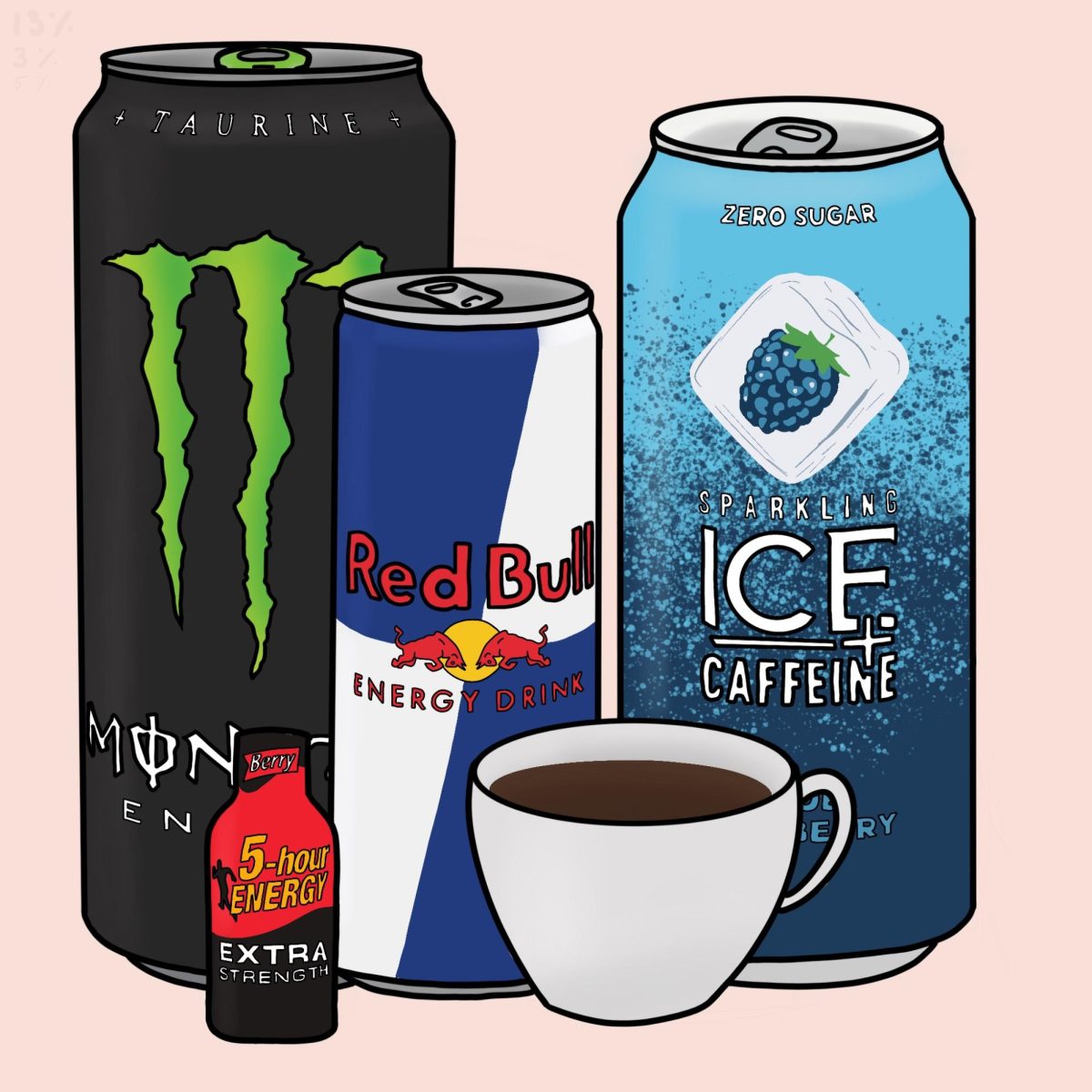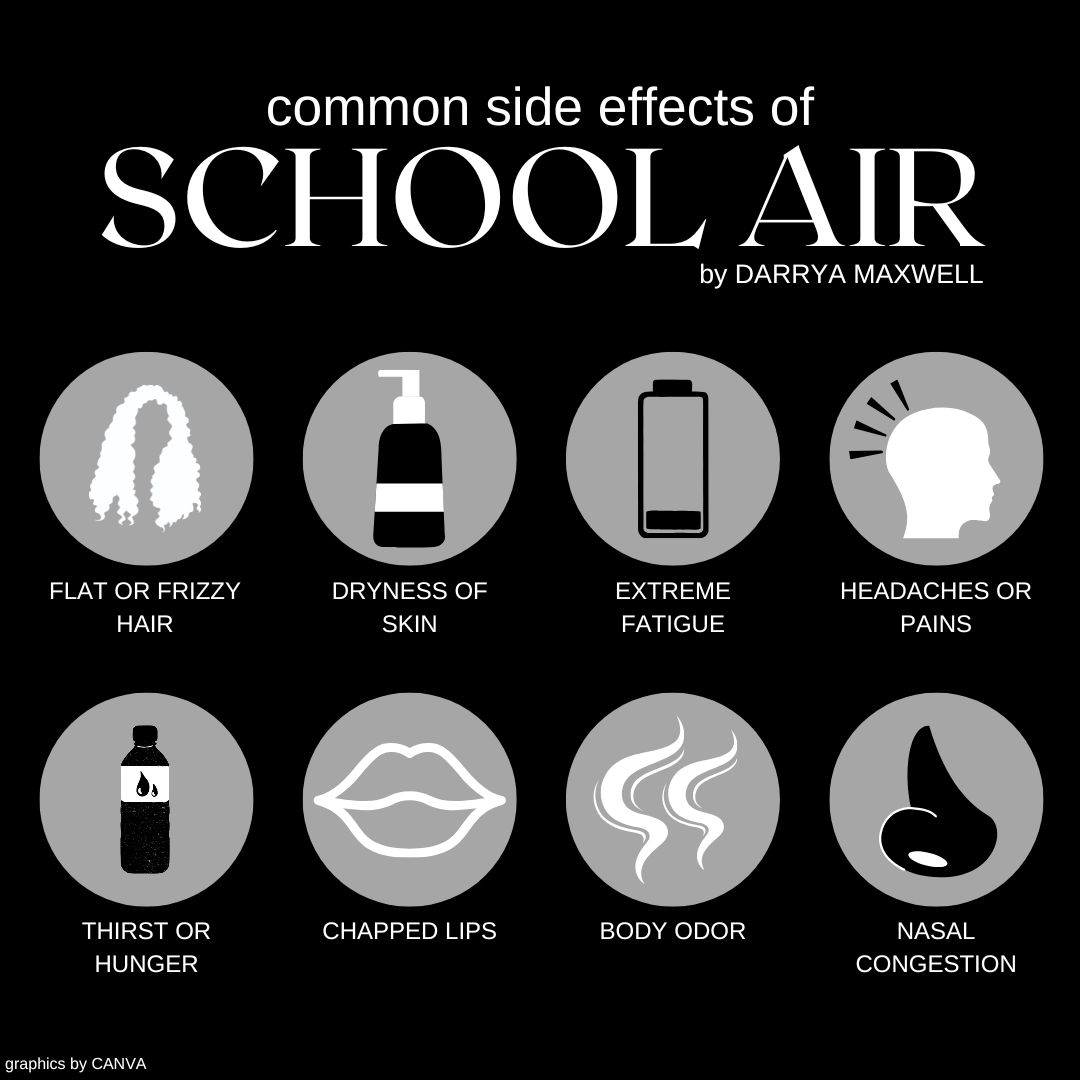There’s no shortage of caffeine related horror stories: organ damage, addiction, seizures, and psychosis. Parents steer their kids away from caffeinated beverages and writers plaster the internet with warnings. In simple terms: caffeine is bad. However, the discussion surrounding caffeine may be a little more complicated than that.
Concerns about caffeine consumption aren’t unfound, especially in teenagers. Caffeine is a stimulant, meaning it increases brain and nervous system activity. Perfect for waking up early for school, but with the possible side effects of anxiousness and difficulty sleeping. Other short term effects include dizziness, dehydration, and a rapid heartbeat.
Side effects only increase with long term caffeine consumption. For example, bone thinning, because large amounts of caffeine can interfere with calcium metabolism. The real issue, however, is the risk of caffeine addiction, followed by withdrawal.
Caffeine is a drug, and just like any other drug, people build up a tolerance to it. First, someone might drink a cup of coffee a day, just to wake up in the morning. Then suddenly that one cup of coffee isn’t helping, so it turns into two just to get the same effect. This is the third step in the addiction cycle, and many find it followed by dependence. When someone stops drinking their early morning coffee, they might get irritable or struggle with headaches and muscle aches. They get tired faster and likely experience cravings. Addiction is a scary topic that shouldn’t be overlooked when consuming caffeine.
That doesn’t mean it’s all bad, though. Most of the worst side effects are found primarily in people who consume too much. For an adult, the healthy limit is 400 milligrams a day, or four cups of coffee a day, but Jennifer Florio, a MHS health teacher places this number at “100 milligrams a day” for teens. For context, the average caffeinated soda has between forty and forty-nine milligrams of caffeine per 375 milliliters and the Dock’s ICEs have seventy milligrams. Cameron, ‘25, consumes “70 milligrams a day,” a safe average for any high school student. A cup of coffee or carbonated drink every so often isn’t going to hurt anyone. In fact, it can be incredibly beneficial.
Firstly, there is the reason most people drink coffee or other caffeinated beverages: it increases energy and alertness. It does the same with memory, cognitive and athletic performance, and concentration. Cameron says, “it helps me focus in school.” Additionally, a study by the Harvard School of Public Health found that caffeine, more specifically a daily cup of coffee, decreased suicide risk by 45%.
The products caffeine can be found in have benefits on their own. “They have antioxidants in them,” Florio explains about tea and coffee, “and lots have medicinal properties and other health benefits.” Cameron describes drinking “ICE and caffeinated boba,” both of which can actually have a lot of benefits. Both benefit from the same thing, tea or tea extracts, that can lower cholesterol and improve sleep quality, after the caffeine has left the system.
Overall, caffeine consumption isn’t all cut and dry.”As long as we stay in the safe range, then I think we’re okay,” Florio summarizes.




































